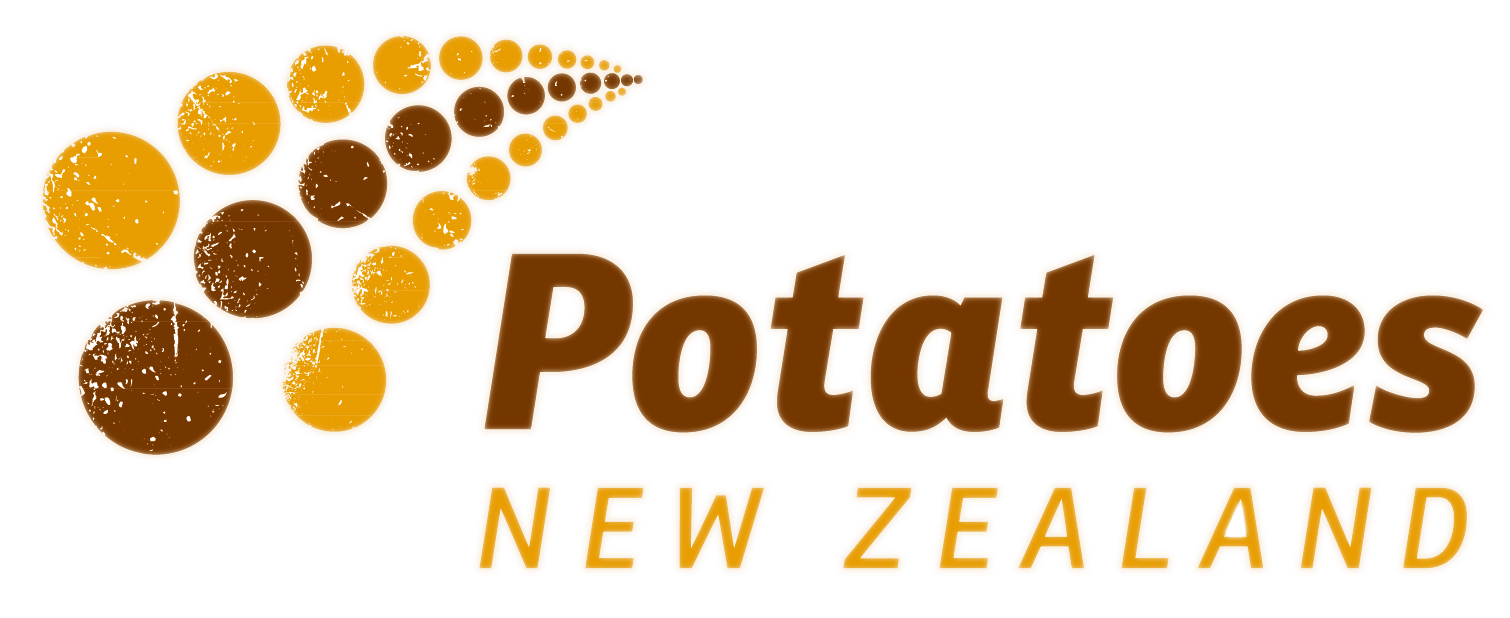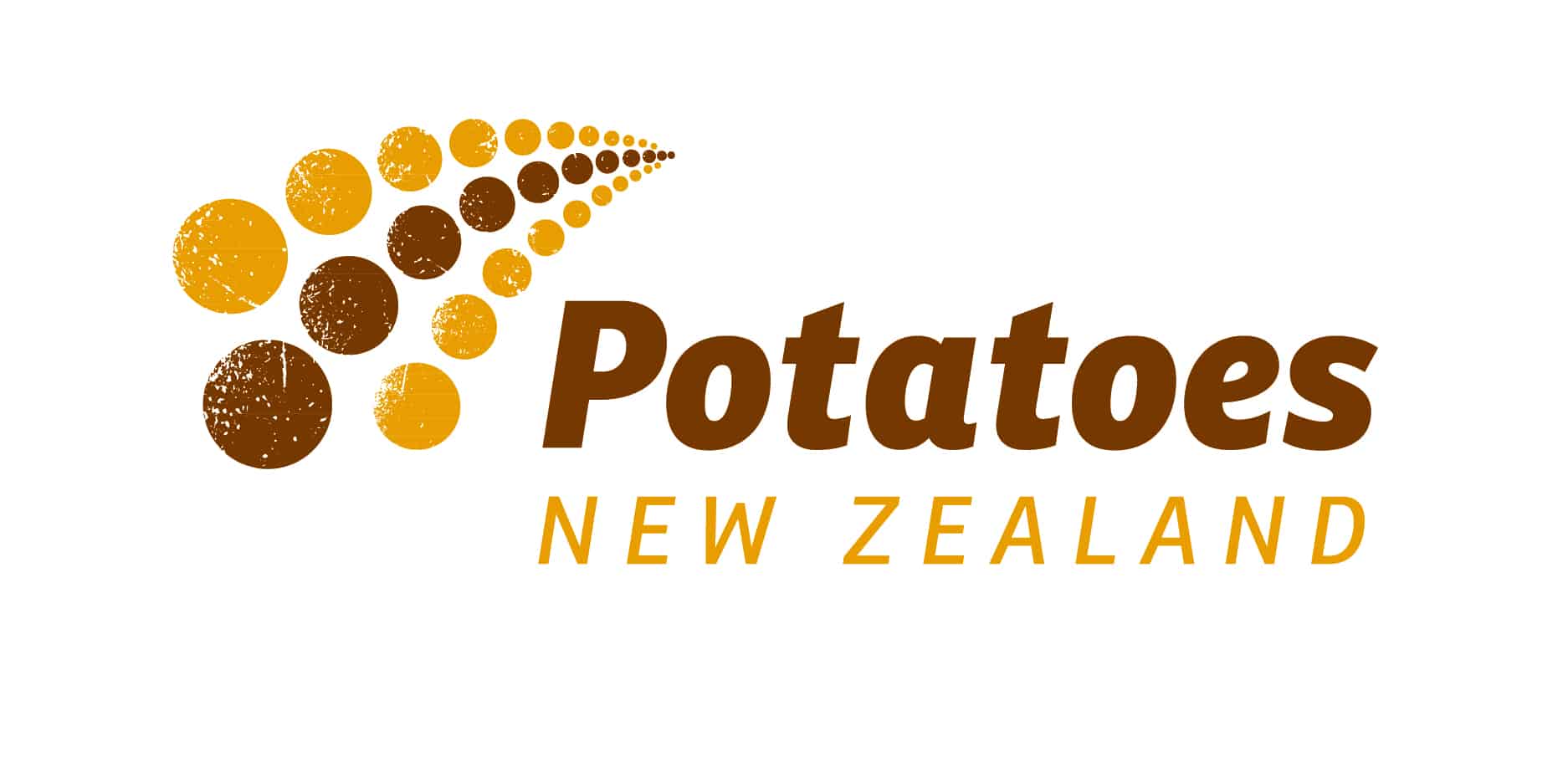Potatoes NZ Inc. have recently launched a new Potato Nutrition Resource. This resource is designed so we can spread the word on the nutritional benefits of our humble potato to not only health professionals and foodies, but to the general public too.The resource explains the key nutrients found in the potato and the benefit these have to our bodies. Did you know that:
- a healthy body needs a regular source of vitamin C? Well potatoes are a good source of vitamin C with up to 40% of your Recommended Daily Intake!
- that potatoes contain four B Vitamins – B9 Folate, B1 Thiamin, B3 Niacin and B5 Pantothenic Acid?
- and that potatoes have 602mg of potassium which is more than a banana?
You can also read about how potatoes play an important part in a balanced diet. But here’s the interesting part. Did you know potatoes are a high satiety index food? This is great news as the higher the satiety index the greater the feeling of fullness for longer.
You may have also heard the term Glycaemic Impact. But do you know what this means? Compared to the glycemic index the advantage of this measure is that glycemic impact is like a nutrient. It has gram units and can be expressed as g/100g of food or g/serving of food, just like other nutrients on a food label. Potatoes are in fact an excellent source of low-density energy. This means that the energy from potato comes from carbohydrate (17kJ/g) rather than fat (34kJ/g) and is diluted about eight times with water. The glycaemic impact of potato is easy to manage in a healthy diet. When a cooked potato is left to cool, the starch chains partially join up, and they are digested at a slower rate and have a lower glycaemic impact per weight. Which means potatoes are a perfect addition to a balanced diet.


